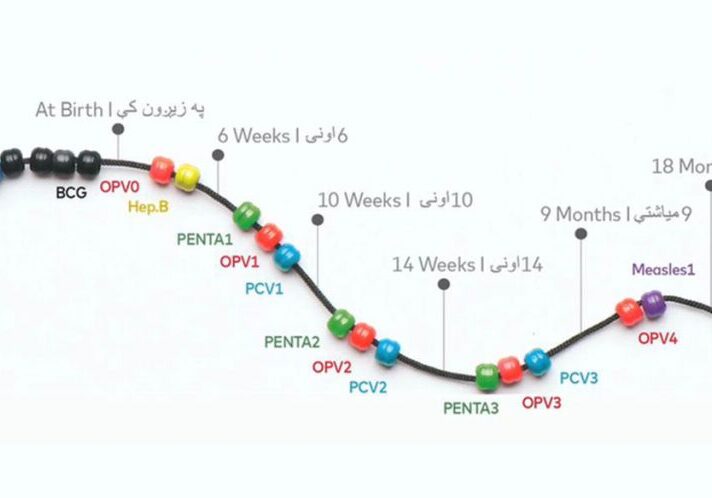From the FC Newsroom
August 7, 2019
Marketing is Problem Solving at Its Finest

Stuart Feigley, president of Feigley Communications, recently led a professional development seminar that highlighted insights from his former associate and Advertising Hall of Famer Keith Reinhard. Reinhard is a co-founder of Omnicron Group and chairman emeritus of DDB Worldwide, one of the world’s largest and most creative advertising agency networks with offices in nearly 100 countries. Among his most well-known ventures were early marketing campaigns for McDonald’s and State Farm Insurance.
Marketing is Problem Solving at Its Finest
As Afghanistan struggled with the world’s highest infant mortality rate and only 50 percent of its children completing immunizations, the power to save millions of lives was placed in the hands of a marketing company.
Their unexpected solution?
A bracelet.
McCann Health, a global healthcare marketing network, faced pervasive traditional beliefs and high levels of illiteracy that prevented millions of Afghan children from receiving any or all of their immunizations. Their researchers found that mothers struggled to keep up with documents detailing their child’s immunization history and often did not return to doctors for follow-up vaccines. Even if they did, it was difficult for doctors to determine which vaccines the child had received.
But McCann also uncovered something else, a custom deeply embedded in traditional Afghan beliefs: a charm bracelet worn by newborns to protect against evil forces.
By branding additional beads for the bracelet as “immunity charms,” McCann found a way to encourage immunizations among parents, allow doctors to easily identify which vaccines a child has received and honor traditional Afghan beliefs—all while reframing the long-held stigma surrounding vaccines.
As demonstrated by The Immunity Charm bracelet, understanding your audience is essential to an effective branding campaign. Had McCann Health recreated an immunization form or distributed a brochure detailing the importance of vaccines, the problem would have persisted. Instead, they researched their audience and offered a simple yet effective solution, saving more than a million lives each year. That’s what we call good marketing.